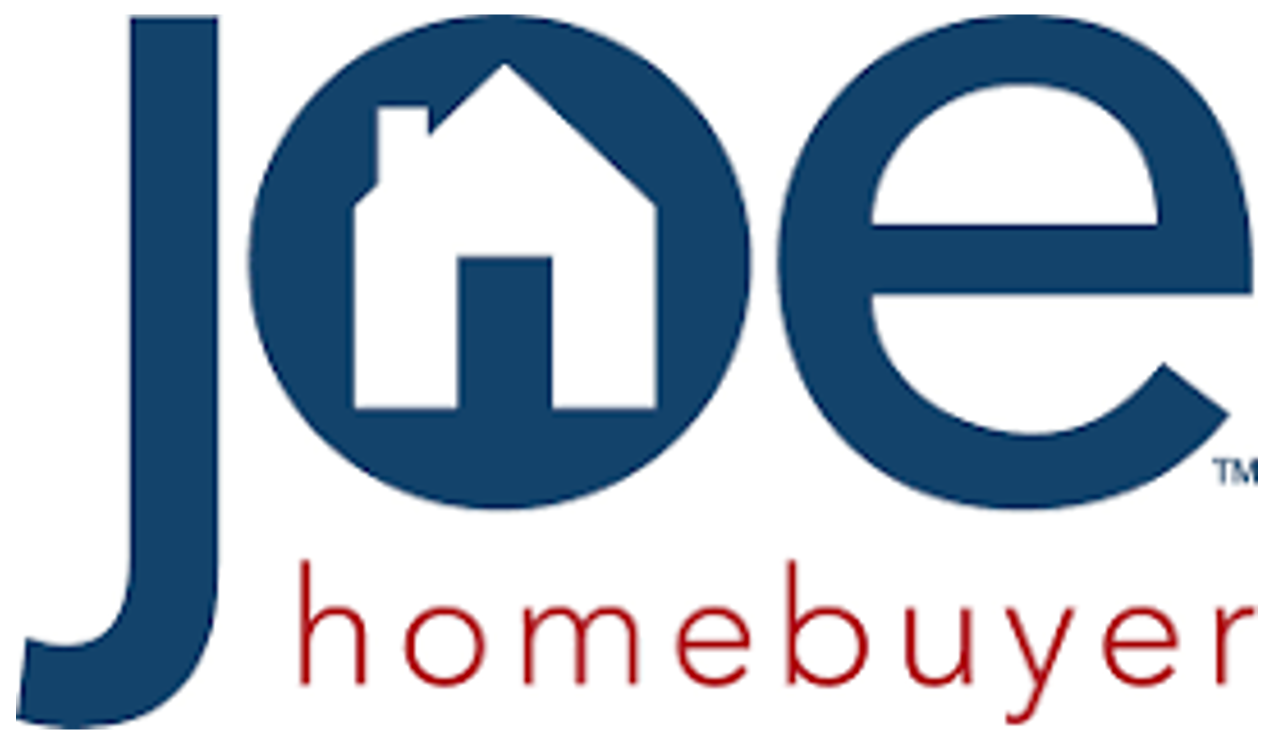Understanding Closing Costs in Cash Home Sales

When navigating the landscape of selling a home, particularly to a cash buyer, one question that frequently arises is related to closing costs. Are they inevitable even in cash transactions? We will shed light on the topic, helping you better understand the nature of closing costs in the context of cash home sales.
What are Closing Costs?
Before delving into the specifics of cash transactions, it’s helpful to understand what closing costs are. Closing costs encompass the fees and expenses that are paid at the end of a real estate transaction when the title of the property is transferred from the seller to the buyer. These costs can include title insurance, escrow fees, notary fees, transfer taxes, and attorney fees, among others.
Closing Costs in Cash Home Sales
The allure of selling to a cash buyer often lies in the promise of a faster, more straightforward transaction. But what does this mean for closing costs?
The Seller’s Responsibility
In traditional home sales, both the buyer and the seller have closing costs to pay. However, in a cash sale, the dynamics can shift. Sellers may find that they’re asked to cover fewer closing costs than in a traditional sale because cash buyers don’t have to deal with lender requirements. This can mean savings on costs associated with appraisals, loan origination fees, and mortgage tie-ins.
Negotiating the Terms
It’s essential to know that everything in a real estate transaction, including who pays the closing costs, is negotiable. In some cash sales, the buyer may agree to cover all the closing costs, making it even more attractive for the seller. This isn’t a hard and fast rule, though, and the distribution of closing costs should be clearly outlined in your purchase agreement.
Potential Costs to Consider
While some closing costs may be reduced or eliminated in a cash sale, there are still expenses that sellers typically need to cover. These can include:
- Title Insurance: This insurance protects the buyer in case there are issues with the home’s title. The seller often pays for the buyer’s title insurance policy.
- Escrow Fees: These are the fees charged by the escrow company for handling the closing of the sale. These are typically split between the buyer and the seller.
- Transfer Taxes: These are the taxes charged by the city, county, or state to transfer the property title from the seller to the buyer.
- Prorated Property Taxes and HOA Fees: If you’ve paid your property taxes or homeowners association fees for the year, and you sell your home before the year is up, you’ll likely have to pay the buyer the prorated amount for the remainder of the year.
- Attorney Fees: If you hire an attorney to review your sales contract and assist with the closing, you’ll need to pay their fees.
While selling your home to a cash buyer can often mean fewer closing costs, it doesn’t typically eliminate these costs entirely. The specifics will depend on the details of the transaction, local laws, and what you negotiate with the buyer. It’s crucial to clarify who will be responsible for each cost in your sales contract, ensuring a smooth closing process. With this understanding, you can confidently navigate your cash home sale and make decisions that align with your financial goals.
Are you looking for a great cash home-buying company to sell your home to in Utah? Learn more about the experts at Utah Sell Now and how they can help you!









